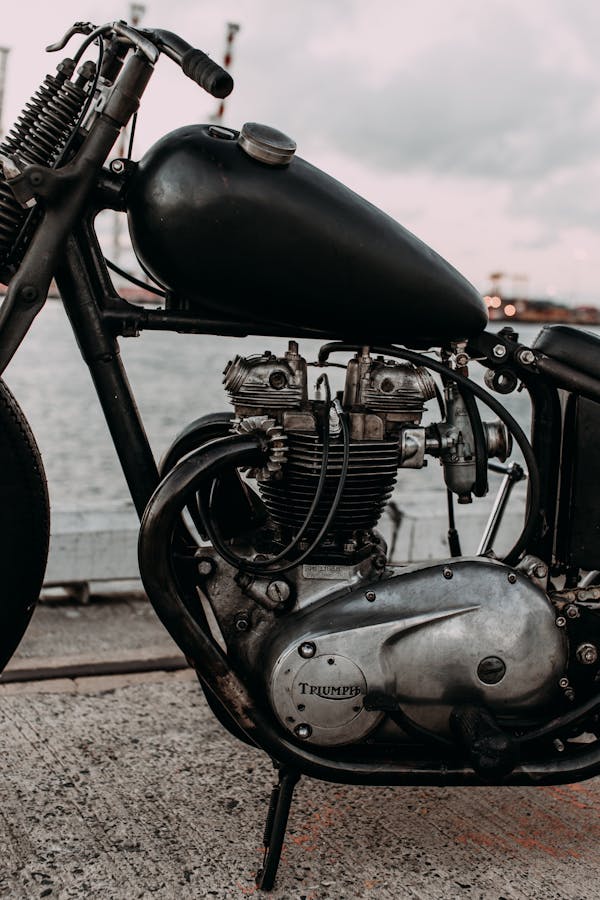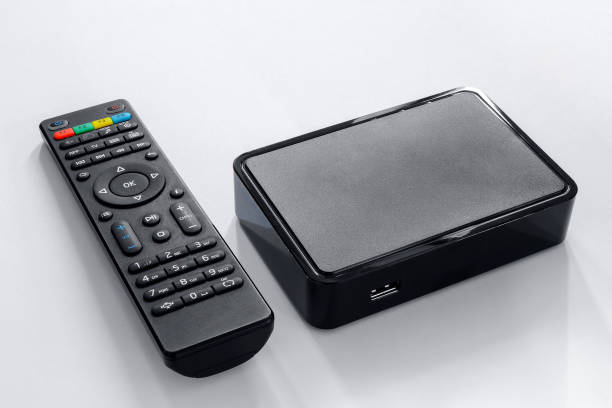In the realm of industrial operations, maintaining the quality and efficiency of your air pipeline is crucial. Air pipeline filters play a significant role in ensuring that your system runs smoothly by removing contaminants and preventing damage to your equipment. This blog will delve into the importance of air pipe line filter how they work, and tips for selecting the right filter for your needs.
Why Air Pipeline Filters Matter
- Protecting Equipment
Air pipeline filters are essential for safeguarding your machinery and equipment. Dust, dirt, and other particulates in the air can cause wear and tear on components, leading to reduced efficiency, increased maintenance costs, and even equipment failure. By filtering out these contaminants, you extend the lifespan of your equipment and minimize downtime.
- Improving Efficiency
A clean air pipeline system operates more efficiently. Contaminants can disrupt airflow, causing pressure drops and reducing overall system performance. Filters help maintain optimal air flow and pressure, ensuring that your operations run smoothly and efficiently.
- Enhancing Air Quality
In addition to protecting your equipment, air pipeline filters contribute to better air quality within your facility. By removing harmful particles, they create a cleaner and safer environment for your employees, reducing the risk of respiratory issues and improving overall workplace conditions.
How Air Pipeline Filters Work
Air pipeline filters are designed to capture and remove contaminants from the air flowing through your pipeline. The process typically involves several stages:
- Pre-Filtration
This stage captures larger particles, such as dust and debris, before they reach the main filter. Pre-filters help prolong the life of the primary filter and improve overall system efficiency.
- Main Filtration
The main filter is responsible for capturing smaller particles, such as fine dust and airborne microorganisms. Depending on the filter’s design and specifications, it can achieve varying levels of filtration efficiency.
- Post-Filtration
Some systems include a post-filter stage to ensure that any remaining contaminants are captured before the air exits the pipeline. This final stage provides an additional layer of protection and ensures the highest air quality.
Choosing the Right Air Pipeline Filter
Selecting the right air pipeline filter for your system involves considering several factors:
- Particle Size and Type
Determine the types of contaminants you need to filter out and choose a filter with the appropriate specifications. Different filters are designed to capture various particle sizes, so it’s essential to match the filter to your specific needs.
- Flow Rate and Pressure Drop
Ensure that the filter you choose can handle the flow rate of your system without causing significant pressure drops. Excessive pressure drops can reduce system efficiency and increase energy consumption.
- Filter Material and Design
Filters come in various materials and designs, including pleated, spun-bonded, and membrane filters. Choose a filter that suits your application and provides the required level of filtration efficiency.
- Maintenance and Replacement
Consider the maintenance requirements and replacement intervals for the filter. Regular maintenance and timely replacement are crucial for ensuring optimal performance and extending the life of your filter.




